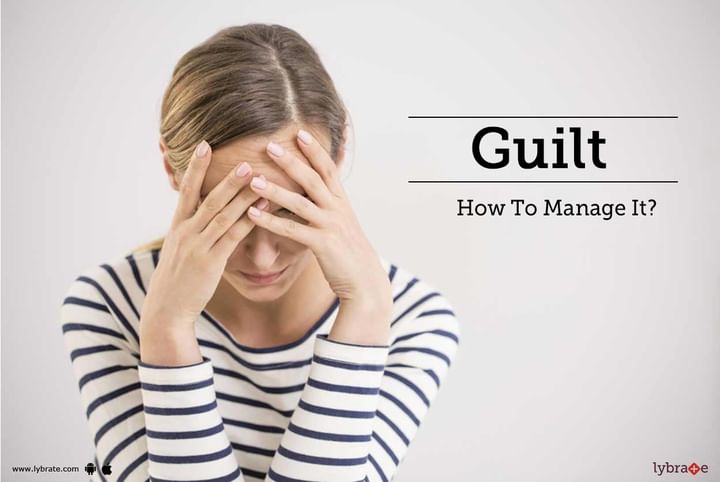Guilt - How To Manage It?
Recognizing Guilt
Guilt is a feeling of worry or unhappiness that you have because you have done something wrong or, you have let yourself or others down by failing to meet a particular standard. This standard may be self-imposed or set by others. In the overall scheme of emotions, guilt is generally categorized as a negative one.
Guilt can be healthy or unhealthy. If the guilt is proportionate or rational, it can be called healthy. Still, it is a negative feeling. You may experience healthy guilt when you cause a problem or hurt someone, when you could have avoided that. The guilt is telling you to make amends and to make changes in your behaviour.
Unhealthy guilt, on the other hand, is disproportionate, irrational or misplaced. This is where you feel guilty even when you did not cause any problem or hurt someone. You have no control over the situation. Imagine you just got a promotion at the same time when your friend suffers a serious career setback.
Managing Healthy Guilt
1. Accept and Apologize
If you have caused problems for someone and are feeling guilty about it, say sorry straight away, and make an unconditional apology. Do not justify your actions or shift the blame to others.
2. Apologize as soon as possible
Delaying to apologize can make your guilt worse and can lead to anxiety. Find a way to make the situation right and do it as soon as possible.
3. Make the Necessary Changes in your Behavior
It is important to take the initiative and address the problem in your behaviour so that you do not repeat the same mistakes again.
4. Move on
The sooner you put the guilt behind you, the sooner you can focus on your present activities and work more productively.
Managing Unhealthy Guilt
1. Be Realistic
You have to understand that you cannot control everything happening around you. You are only responsible for your own actions. So, always be realistic about what you can control and what you cannot.
2. Share your Feelings
Talk to other people about what you are going through and try to seek their point of view and opinion. This can be helpful because others will make you realize that you are not the person to be blamed. Receiving positive and true feedback from others can really make you feel good.
3. Set your Standards Realistically
You may feel guilty because you are not able to reach the standards that you have set for yourself. You are constantly feeling guilty that you have not done well enough. During this process, you completely overlook what you really have accomplished.



+1.svg)
